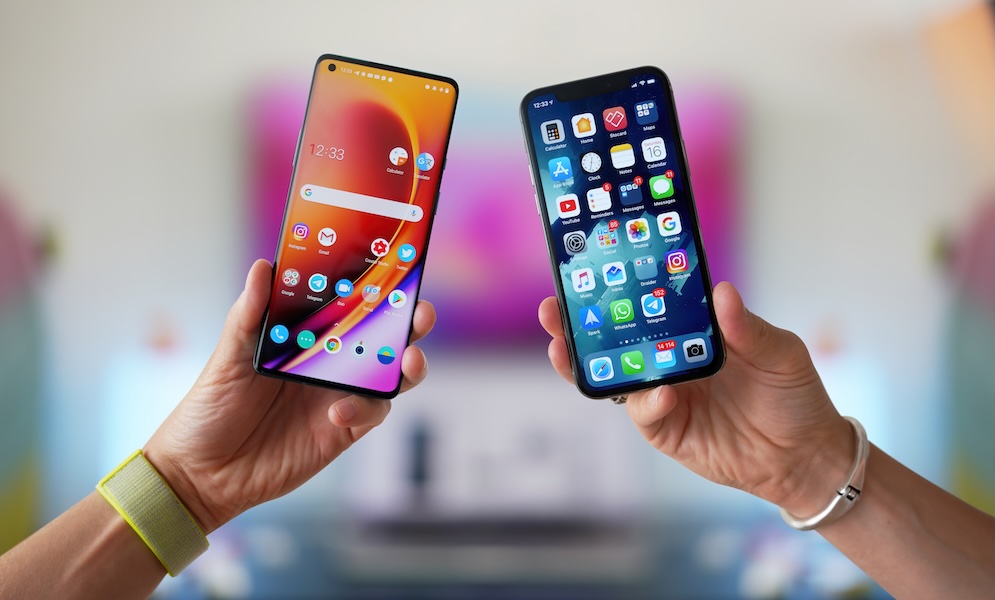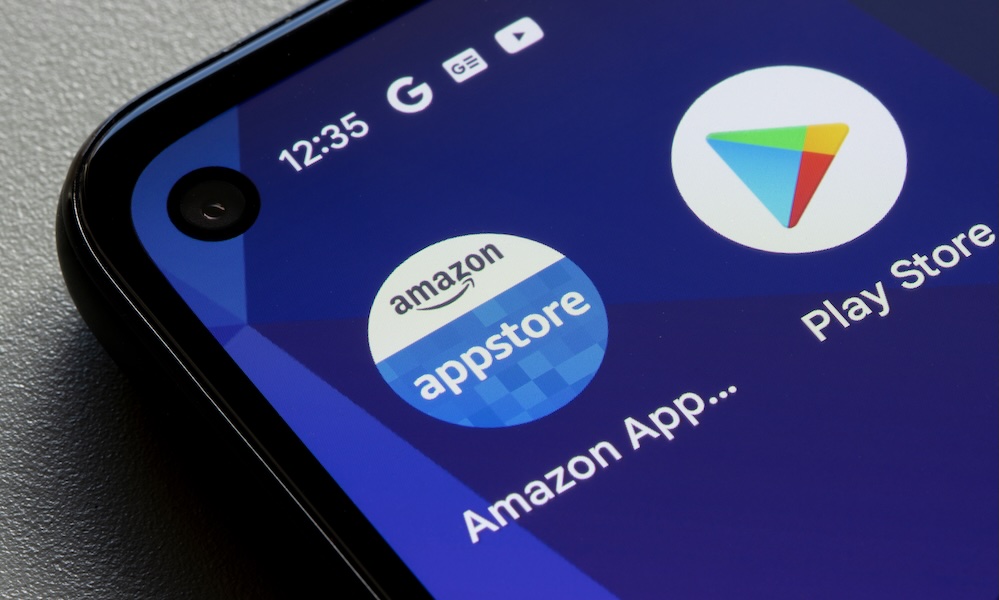Will Google’s New Rules Create an Exodus to the iPhone?
 Mikla / Adobe Stock
Mikla / Adobe Stock
Toggle Dark Mode
Earlier this week, Google announced a major change to the Android ecosystem, and loyalists aren’t too pleased.
Google recently informed consumers that it will require all apps to be registered by verified developers in order to be installed on Android devices starting in September 2026. This includes apps uploaded by developers outside of the Google Play Store (also known as “sideloading“). Google’s decision has left many faithful now wondering: What’s the point?
While Google’s explanation, largely based on security, seems logical and protects the average user, Android’s more technically inclined user base exists because of its intentionally open ecosystem.
In addition to the Play Store, Android allows downloading apps directly from the web and through alternative app stores, where device makers, carriers, and other third parties can run their own app marketplaces without Google’s permission, such as the Samsung Galaxy Store, Amazon Appstore, and Huawei AppGallery. This is a stark contrast to Apple’s single App Store, where Apple acts as the exclusive gatekeeper (except in the EU, at least in theory).
This open ecosystem has been attractive to both users and developers. Developers can distribute their apps through multiple avenues rather than on a single official store, and also create system-level apps. Users can download and use emulators, torrent clients, and apps with adult content — something Apple would never allow. The one downside is that Google’s permissive sideloading comes with the added security vulnerability for users, as it’s easier to accidentally install malware.
One Reddit user commented, “If they do this, I may as well buy an iPhone.” Android’s appeal to many has been its openness as opposed to Apple’s “walled garden” approach. Google’s change of course has left some wondering which garden they’d rather be trapped in.
Trey Ford of Bugcrowd, a cybersecurity company, told Forbes, “As an Apple user, you can’t help but see the hyperbole as funny. The Android ecosystem loves the unbounded, uncontrolled application ecosystem.” He went on to acknowledge the motivation behind Google’s shift, stating that for “…non-technical and less security-minded users, Google is making the right choice, establishing a more secure baseline for the majority.”
Perhaps the biggest risk for Google is that by implementing its developer verification system for all developers, not just those distributing their apps on the Play Store, the overall Android experience may begin to feel more like Apple’s. It’s changing what has been a longstanding fundamental difference between Android and Apple. Will we see substantial Android user attrition in the upcoming year, with Apple happy to accommodate these new customers? It’s definitely possible.









